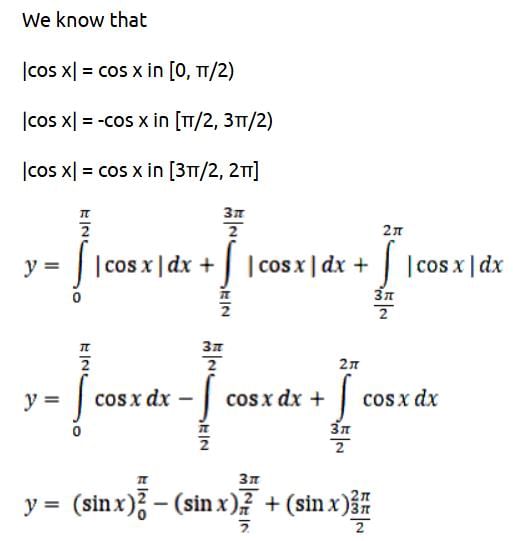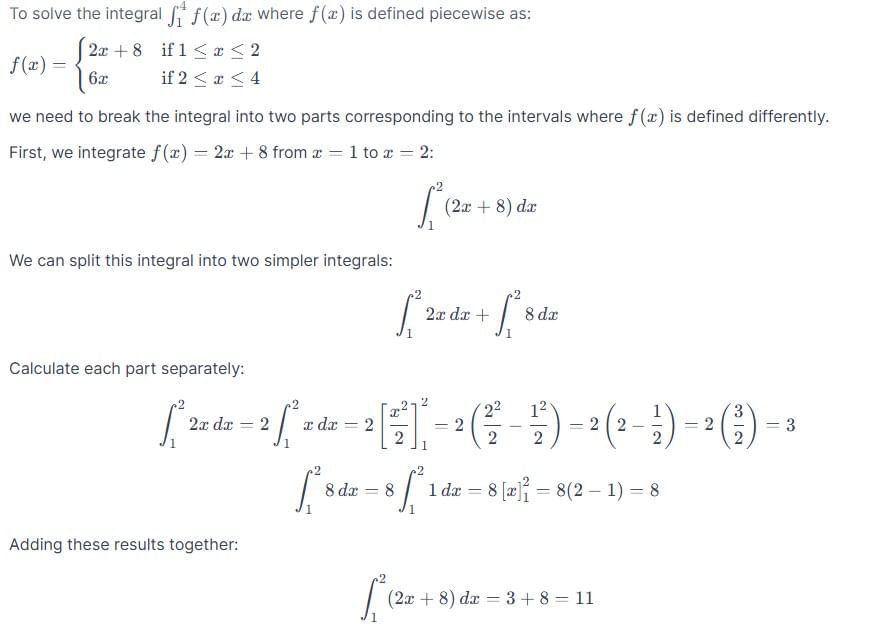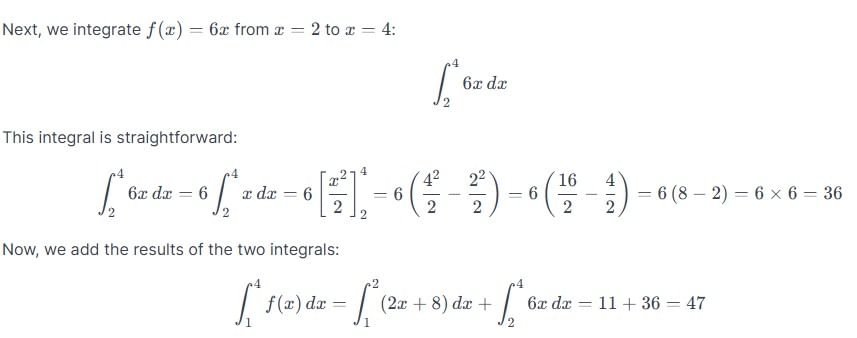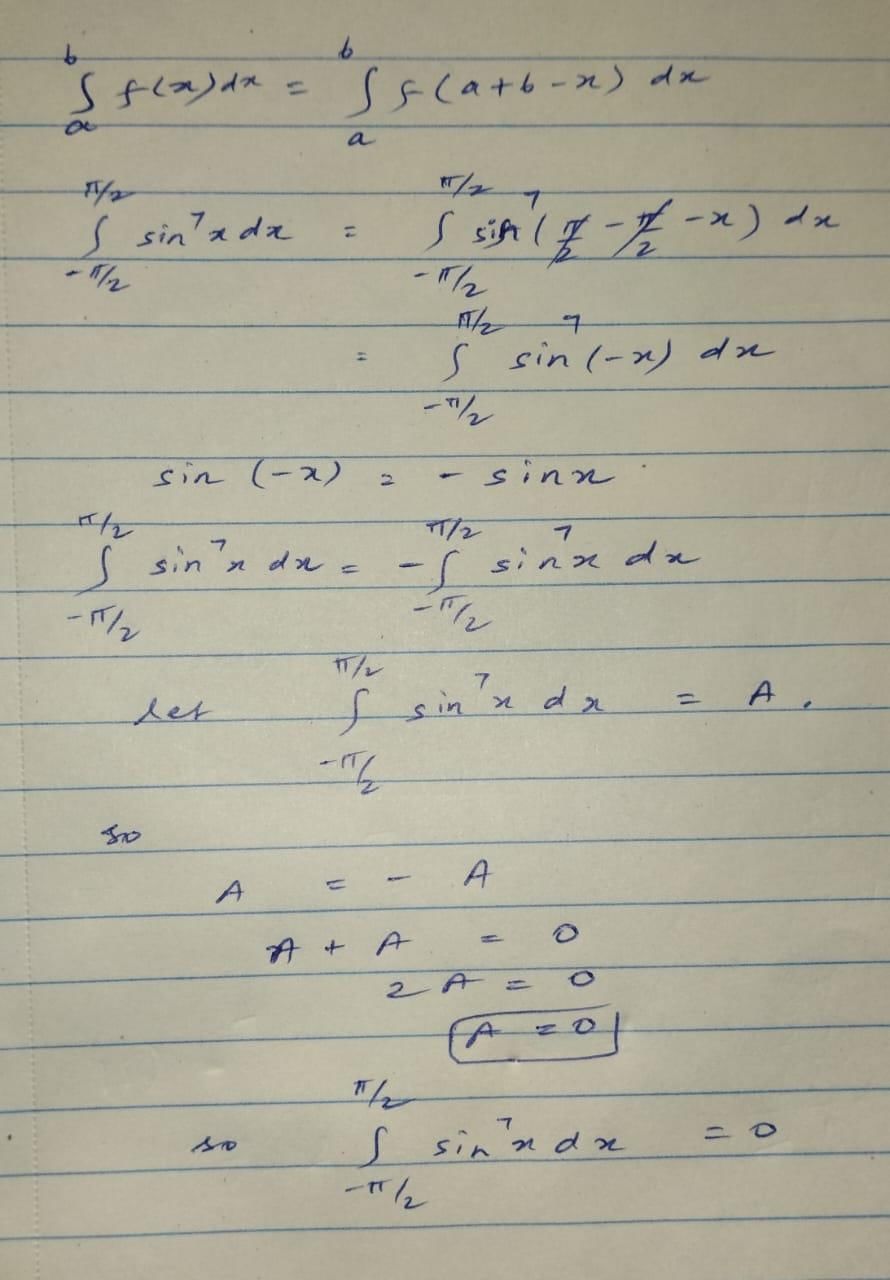Test: Problems On Definite Integrals - JEE MCQ
Test Description
10 Questions MCQ Test - Test: Problems On Definite Integrals
Test: Problems On Definite Integrals for JEE 2025 is part of JEE preparation. The Test: Problems On Definite Integrals questions and answers have been prepared
according to the JEE exam syllabus.The Test: Problems On Definite Integrals MCQs are made for JEE 2025 Exam.
Find important definitions, questions, notes, meanings, examples, exercises, MCQs and online tests for Test: Problems On Definite Integrals below.
Solutions of Test: Problems On Definite Integrals questions in English are available as part of our course for JEE & Test: Problems On Definite Integrals solutions in
Hindi for JEE course.
Download more important topics, notes, lectures and mock test series for JEE Exam by signing up for free. Attempt Test: Problems On Definite Integrals | 10 questions in 10 minutes | Mock test for JEE preparation | Free important questions MCQ to study for JEE Exam | Download free PDF with solutions
Detailed Solution for Test: Problems On Definite Integrals - Question 1
Detailed Solution for Test: Problems On Definite Integrals - Question 2
Detailed Solution for Test: Problems On Definite Integrals - Question 3
Detailed Solution for Test: Problems On Definite Integrals - Question 4
Detailed Solution for Test: Problems On Definite Integrals - Question 5
Detailed Solution for Test: Problems On Definite Integrals - Question 6
Detailed Solution for Test: Problems On Definite Integrals - Question 10
Information about Test: Problems On Definite Integrals Page
In this test you can find the Exam questions for Test: Problems On Definite Integrals solved & explained in the simplest way possible.
Besides giving Questions and answers for Test: Problems On Definite Integrals , EduRev gives you an ample number of Online tests for practice
Download as PDF























